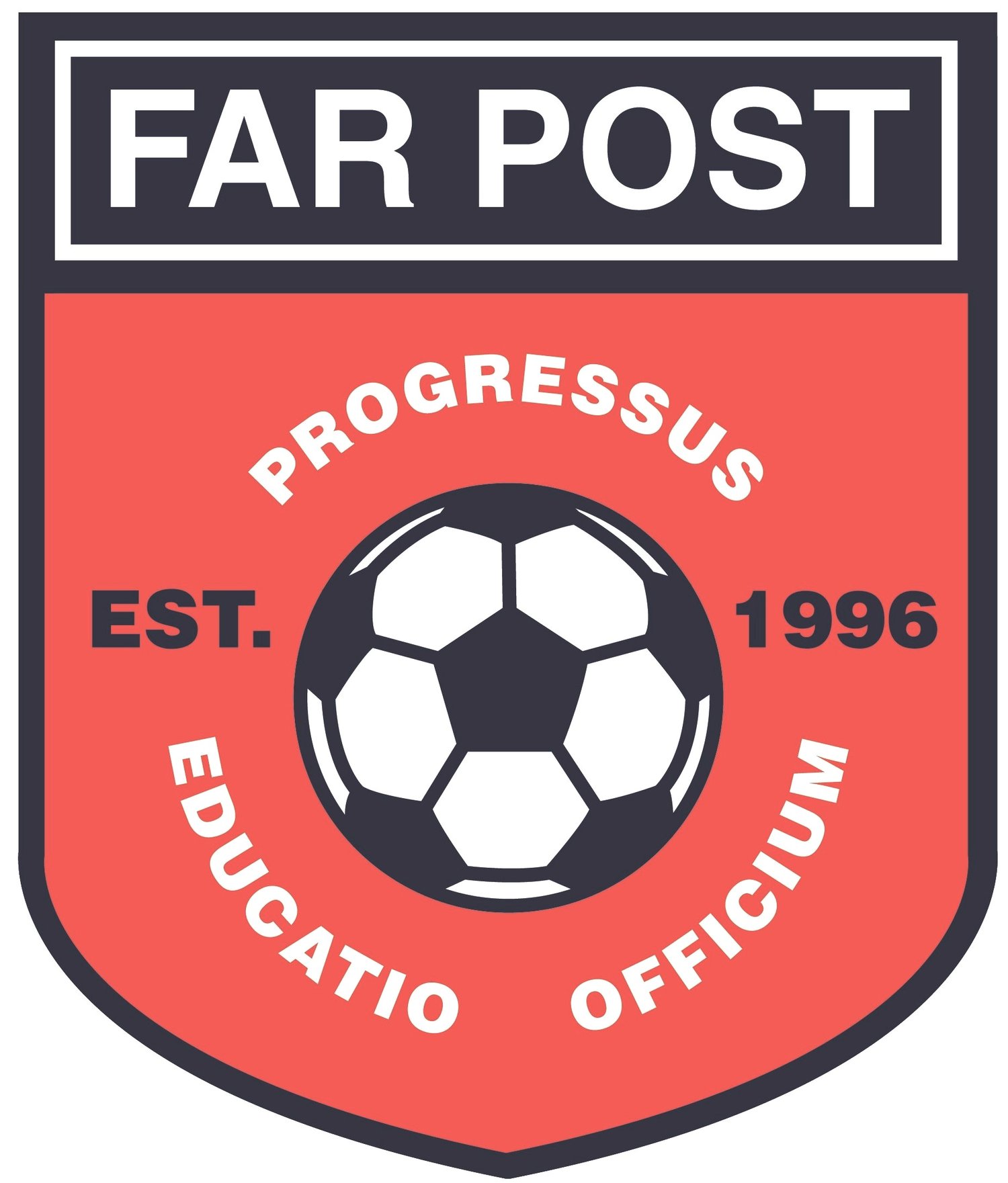
Goal Keeper Training
Program Outline
-
The goalkeeper plays a highly specialized position and requires a unique skill-set different from the outfield players. There are four (4) areas of concentration for goalkeepers to master in order to excel in the position: they must be proficient technically, tactically, physically, and psychologically. In order to work on these areas, a specific goalkeeper training environment needs to be established.
In addition to specific goalkeeper training, the goalkeeper must be integrated in the daily team training (match-related scenarios) which will assist in the development of the goalkeeper’s skill-set. Tendencies, habits, cohesiveness, etc are also established with the outfield players through daily team training.
Our training is designed to split goalkeepers into 3 groups based on their current proficiency in our 4 concentrations.
Far Post Keepers should expect 2 additional opportunities per week in the winter and 1 additional opportunity in the spring.
-
U12 & Below
Introductory Phase. Very heavy technical training, with basic tactics introduced to help keepers in game situations.
-
U13-U15
Intermediate Phase. Balance of technical and tactical training.
-
U16 & Above
Should be technically proficient, so most of the focus is on tactical mastery in this phase.




